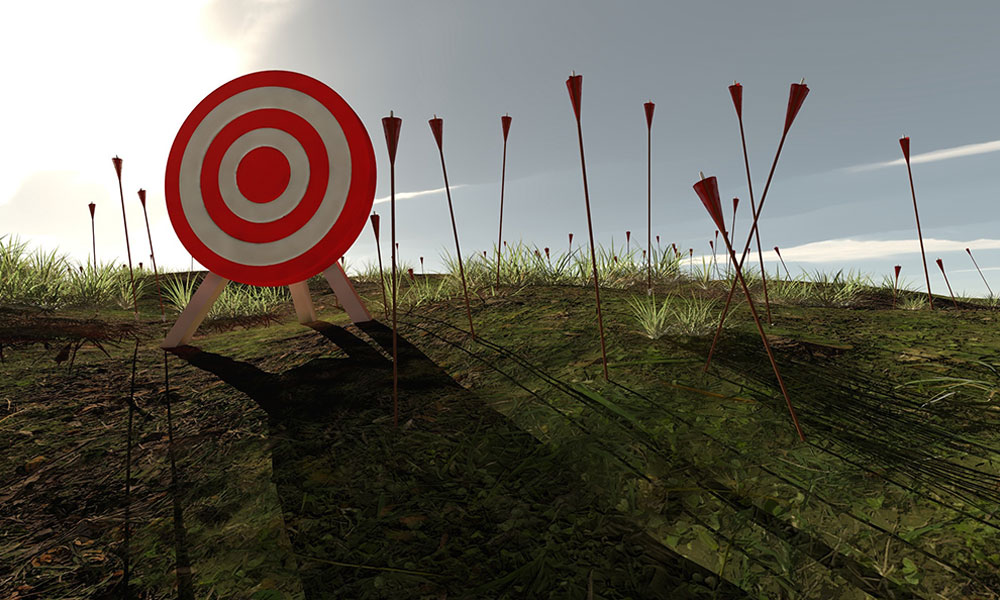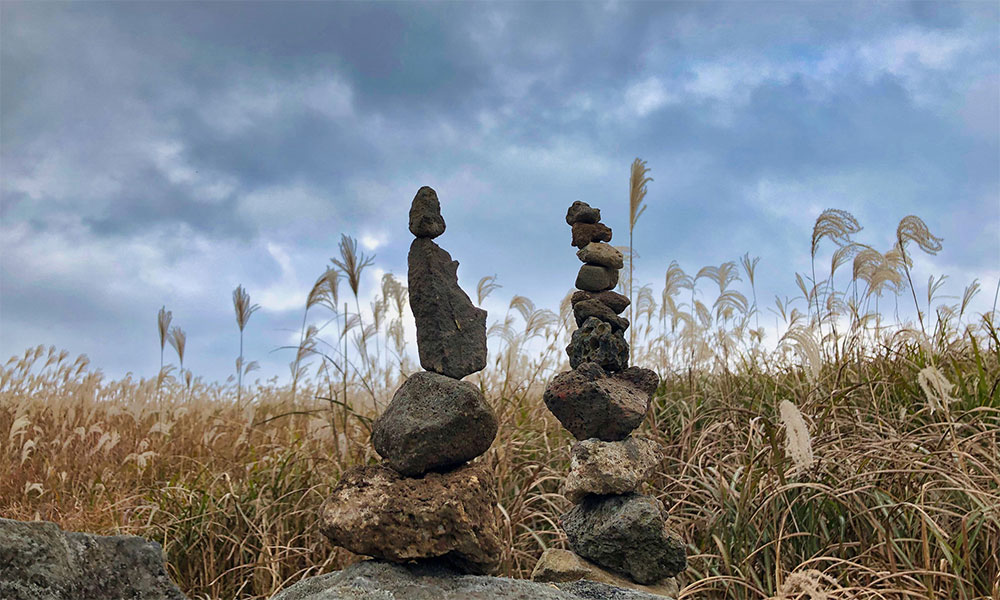This is the time of the year when many of us take some time off for vacations, to unplug and rejuvenate. Some of us head to the beach to frolic in the sun or the mountains to escape the heat. Some just unwind and chill out. Others visit family members to strengthen bonds.
As you think about your next vacation, how about if apart from relaxing and having fun, you could make your time more fulfilling? How about using the opportunity to sharpen your understanding of the world? How about putting yourself in unfamiliar and uncomfortable situations? How about experiencing different cultures and meeting different people? How about stretching your mind and body? How about considering a ‘learning holiday’?
My wife, Roopi, has written this week’s post on one of our recent vacations. Please read on…
Some of our best family trips are the ones that have taken us far away from our own lives and have deeply immersed us in different cultures.
We arrived at Ziro Valley in Arunachal Pradesh after a flight, an overnight train journey and a half day long drive. We joked that we could have reached the other end of the world in this time. When we finally arrived 24 hours later, it felt so fantastically foreign in every way that it was hard to imagine we were still in India.
Ziro Valley is known for its fascinating Apatani people, an indigenous community that still lives in their traditional way. The Apatani are fiercely protective and proud of their culture. They have stubbornly resisted the missionaries who have converted so many other indigenous communities in north east India. The Apatani are famous for their wet rice cultivation system and sustainable social forestry system. We visited them at the time of their famous Myoko festival that celebrates friendship, prosperity and community through feasting and socialising.
We spent our first few days exploring the area – trekking aimlessly through the rice fields and hearing stories about the Apatani ways and traditions. We visited the homes of many families and we were always welcomed with great enthusiasm. Apatani homes are extremely simple – large, open huts with just bamboo mats on the floor and a big fire that everyone gathers around.
The Apatani take hospitality to a whole different level – plate after plate of different grilled meats and an unending supply of their home brewed rice beer.
We wondered if we would be able to greet complete strangers off the street with the same warmth in our homes, even as we sat around the fire on bamboo mats in the huts, feeling high on their kindness and the rice beer, smiling widely at each other.
The older Apatani women look very different since they have nose plugs and tattooed faces. They only speak their local language and are extremely affectionate. In fact, we adopted one adorable Apatani woman and called her Apatani Dadi, which she found so funny and then hugged us even more. When we said goodbye to her, it was a dramatic farewell, as if we had known each other for decades, not minutes.
Our homestay host was Tanso, the village chief, and his wife. When Tanso smiled, he looked like an overgrown six year old, with his two front teeth missing. He took us around his land, introduced us to his pigs and chickens and showed off his collection of monkey and deer skulls, collected over the years of hunting. He admitted sheepishly to loving rice beer a little too much; a drunken fall had knocked out his front teeth. In the evenings, after exploring all day, we would return to Tanso and his wife, and sit around their fire, drinking more rice beer and exchanging stories of our lives. Strangely, most Apatani people have not met many Indian travellers. So, we were the star attraction of their village. People kept appearing in their hut to meet us, trying to speak in Hindi and playing with the kids.
In Tanso’s home, right above our heads where we sat, hung the entire skin of a pig. It was being preserved on bamboo slates – for the last 6 years. We watched Tanso cut out a chunk of it with a big smile – they were preparing something special for us. They wanted to us have all their favourite dishes. We watched, as he skewered the thick slab of pig skin and held it up in the flame, collecting that fat that melted into a cup. He poured it over the greens and handed the plate to us with glee. We swallowed everything as graciously as we could, trying not to think too much.
The excitement was building up for the main day of the festival, where animals are sacrificed. At four thirty in the morning, only Aarav agreed to come. Janya felt protective about Imara watching animals being killed and decided that they would skip it and sleep in at the hut. It was perhaps the best decision of the trip. Nothing could have prepared us for what we were about to witness.
Each clan in the village gathers together and brings animals for the sacrifice. We had heard about the Apatani pig sacrifice tradition, but we were a little shocked to see that there were some other animals being brought too. Along with hundreds of pigs, we saw dozens of tiny two or three month old puppies being brought in. Our hearts skipped a few beats. Our guide confirmed that the puppies would get sacrificed as well, along with chickens. All the love, respect and goodwill we were feeling for the Apatani people was being replaced by shock.
We watched, as they performed their prayer ceremonies on the animals and prepared for the kill. The shaman chanted prayers. The pigs lay on their sides, with their legs tied together onto a bamboo pole. The whole scene felt so out of this world. The puppies were first. Then the chickens. The veins of the chicken liver were “read” to tell the fortune of the clan. The entire time, we kept telling ourselves we can’t judge, since we too eat meat. We held each other’s hands and watched silently, in shock, awe and desperation.
On the way back from the ceremony to the homestay, Aarav was still silent and traumatised from the experience. I asked him to calculate how many chickens we must consume in a year. A little math always makes Aarav feel more in control. Within seconds, it became clear, that we “kill” many more animals than the Apatani since we are more wasteful. We don’t sacrifice animals for our own prosperity. But we are much more casual about eating meat. We order boneless chicken thighs from the butcher, without even thinking what happens to rest of the animal. The Apatani and most other indigenous communities, use every single bit of every animal they kill. The kill of the animal is a sacred act for them and they take it seriously. They live fairly with nature. They cultivate rice paddy fields, grow all their own vegetables and have huge bamboo forests. They give and take from nature. We only take. They are not primitive. They are not savages. In Mother Nature’s perspective, we are the savages.
As soon as we returned to Tanso’s hut, we went straight to his piggery. Tanso’s village will be hosting the Myoko festival next year – the three pigs, who he has been lovingly feeding and caring for over the last two years, will be sacrificed next year.
We left Ziro Valley with deep appreciation of the sustainable ways of the Apatani people and their incredible hospitality. We left Ziro Valley humbler, less quick to judge, and aware of the care and effort that goes into every grain of rice that we eat.
Here are some photos from our trip:
https://www.dropbox.com/sh/s29np1g7mdrqijd/AAA7MLjjBxsAt-7ZLrPN_-7Ya?oref=e&n=536302502
I hope that this inspires you to think about your vacations a little differently. So, even as you plan your next one, think about how you could use it to gain new perspectives, new insights or ideas. And while you’re at it, you could also find new ways to bring you and your family closer and make the time that you spend together, more enriching. We never know what our next vacation will add to us – and you never quite know when you are making a memory – but we do try our best to plan for and make it something that pushes us to discover something new. Give it a shot. There’s a good chance that you will learn more about yourselves than you would have otherwise.
I would love to hear more about your vacation stories. Do write in with them.








Lovely article to read….while I am on a vacation.
Enjoyed reading this, Vivek. I am a big fan of ‘Learning Holidays’. In 2010, I spent some time with Stilt Fishermen in Unawatuna, Sri Lanka. Stilt Fishing is a very old (now dying) tradition. My host woke up at the crack of dawn and headed out to the ocean. I was amazed to see how he managed to get on to the slender stilt and balanced for over 4 hours, barely 2.5 meters above the water. He held on to the stilt with one hand and had the fishing rod in the other. The catch was kept in the small bag that he tied around his waist. For all the hard work and persistence, I thought the catch was meagre but he seemed very pleased with the day. I left the place with a deep appreciation for the small Stilt Fishermen community and loving what I did for a living even more 🙂
Interesting story of Apatani people and fascinating pictures!
It’s amazing to understand and feel that vacations at modest remote places can be so fulfilling and can trigger a great change in life back at home. Who needs to holiday at lavish places when one can enjoy, cherish and learn from vacations at humble cultures… 🙂